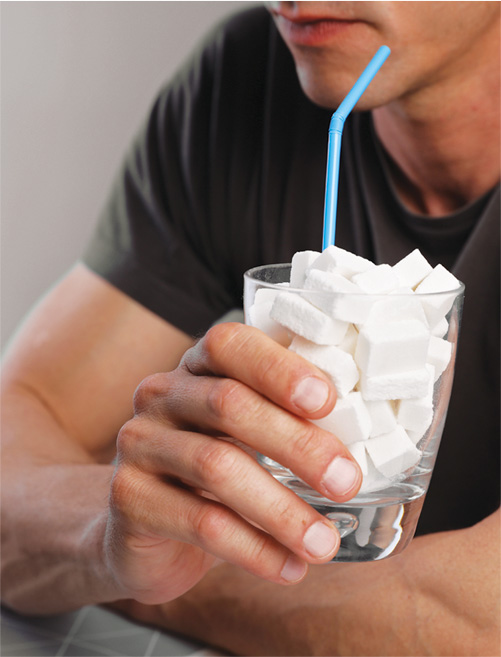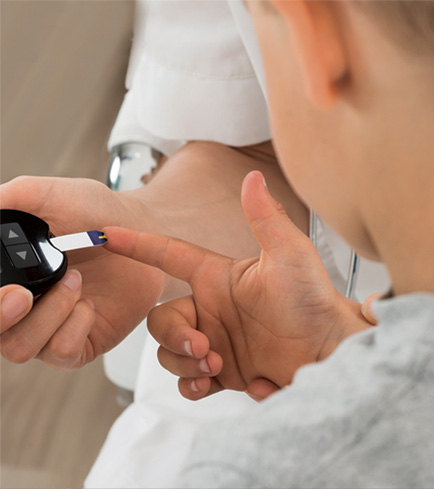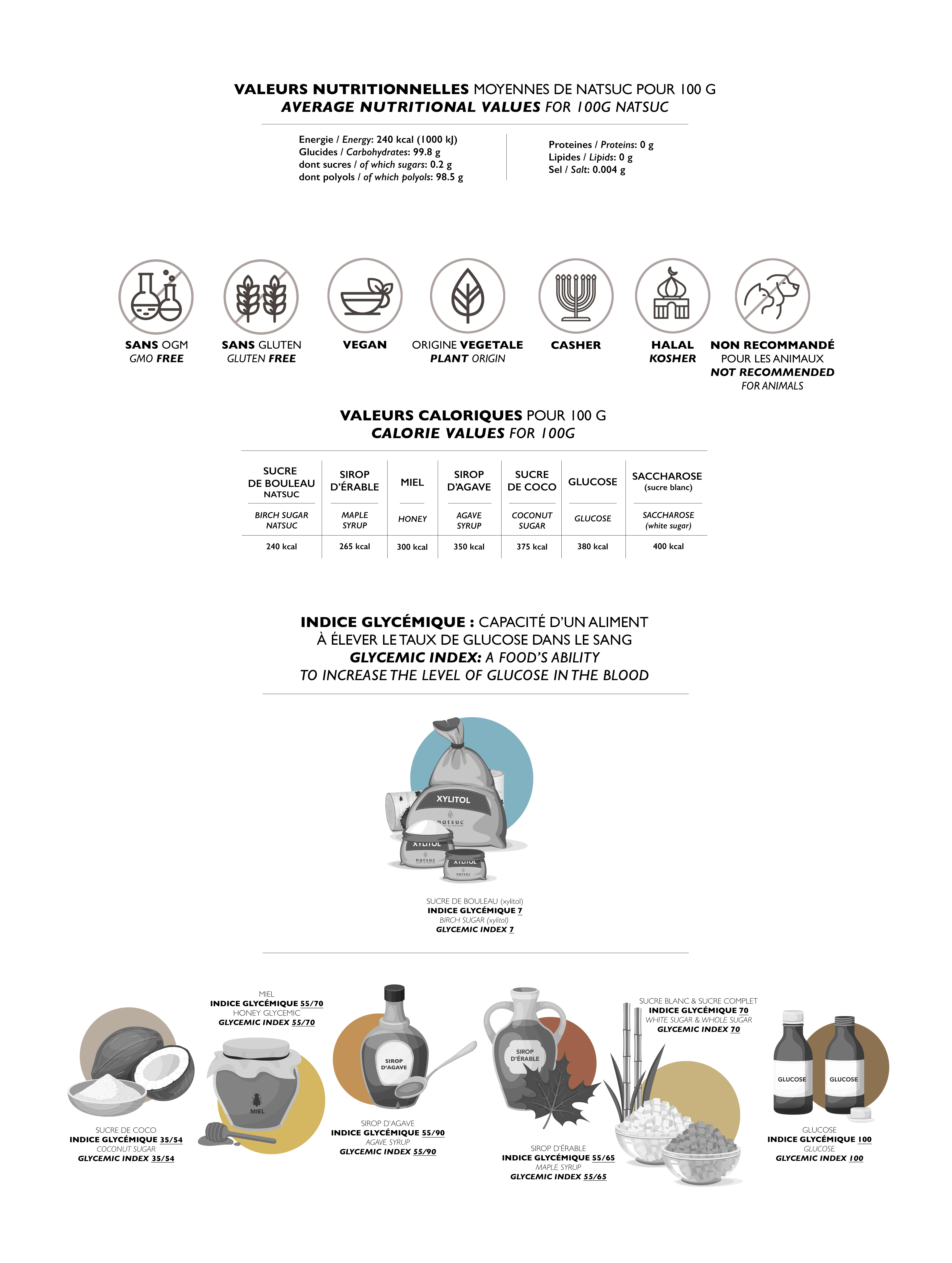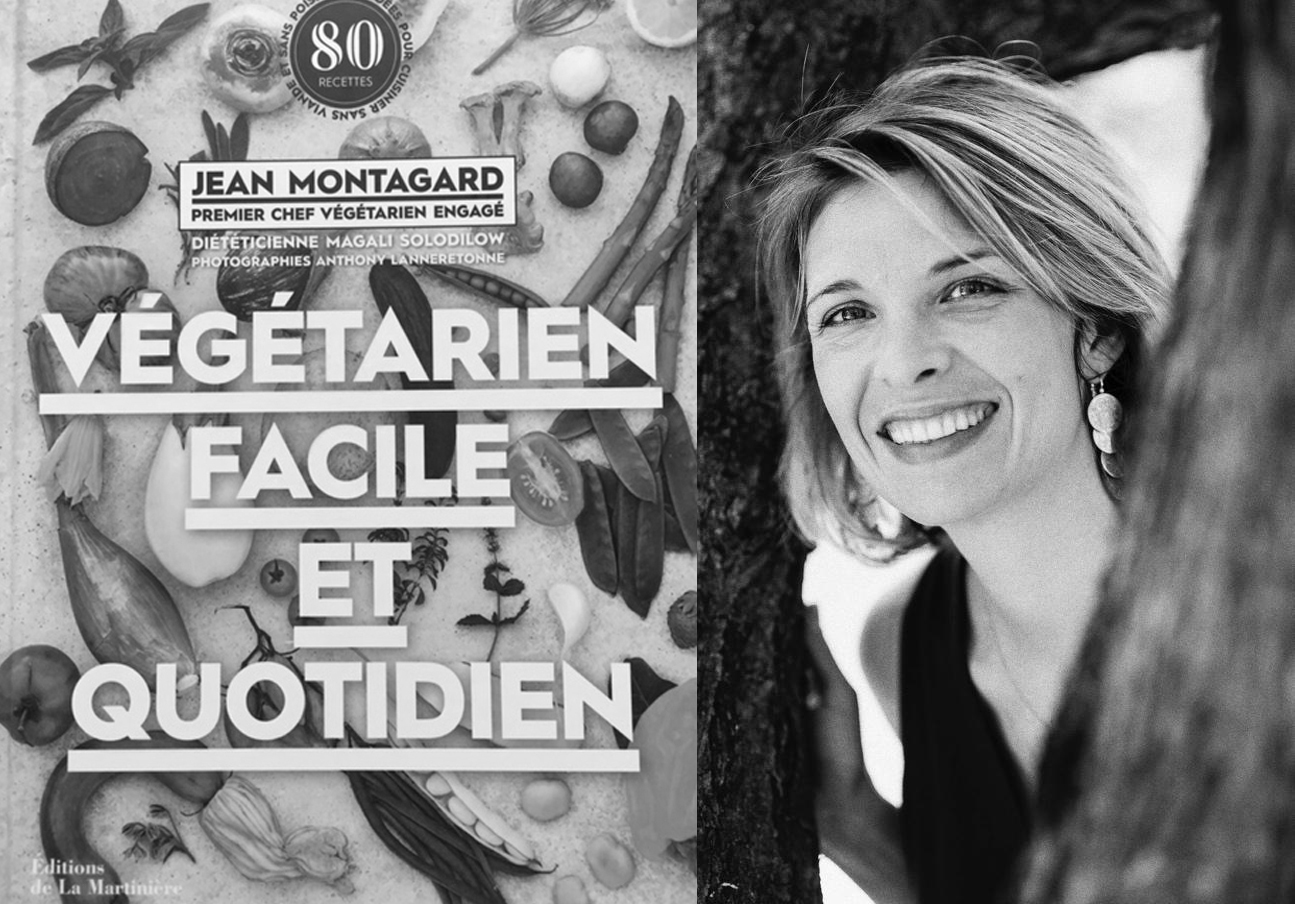TAKE CONTROL OF YOUR HEALTH
THE DANGERS OF SUGAR
Health emergency – a dangerous threat
The World Health Organization (WHO) recommends that an adult’s daily sugar intake not exceed 50 grammes (6 teaspoons) and for a child the organization recommends no more than 3 teaspoons a day. In actual fact, our average sugar daily sugar consumption is around 100 grammes, most of which is hidden in processed foods.
Sugar consumption around the world has increased by 46% over the last 30 years. So it’s no coincidence that in France obesity now affects 15% of adults and 4% of children, twice as many as 10 years ago.
1 in 3 children suffers from tooth cavities caused by excess sugar even at the age of 3.
It’s today’s epidemic: diabetes affects 3.5 million French people.



Diabetes is the disease of the century. This complex and silent killer affects 1 in 12 people around the world, or 400 million people.



Recommendations
Patrick Chavaux
The opinion of a nutrition specialist and university lecturer:
Dr. Chavaux, do you think xylitol extracted from birch bark has a purpose?
“Like all doctors, over the past few years I have been dealing with the type II diabetes and metabolic syndrome epidemics. People with these diseases don’t feel sick, but are more prone to heart and artery diseases, aging and cancer, all of which are linked to the consumption of excess sugar. One sign is usually excess fat around the belly, but it also affects 20% of people of “normal” weight who have less muscle and more fat because they don’t do enough exercise and eat unhealthy foods.
Our sugar consumption has skyrocketed in the last 30 years, with sugar in drinks (soda, fruit juice, smoothies, etc.), and desserts, but also the sugar that is hidden in processed foods (from breakfast cereal to lasagna or soup, added sugar is everywhere). Like all nutrition specialists, I am particularly curious about solutions that could prevent the killer diseases that shorten our lives, without depriving people of the sweet taste! Among the various sweeteners on the market, some of which should be avoided, there is now a selection of natural products extracted from plants, such as stevia, and now xylitol extracted from birch. With its glycemic index of 7, it triggers virtually no insulin response and therefore seems like a great choice, as insulin is the major cause of the diseases described above. I am not aware of any toxicity in humans when it is consumed in usual amounts, and therefore I highly recommend it as a healthy alternative to sugar.”
And do you think NATSUC meets your expectations?
“Absolutely, it’s a high quality product and not a xylitol from GM corn, as is sometimes the case in processed products. It is very difficult to know the exact origin of xylitol because it is never specified on labels, whereas in this case we have a guarantee that the xylitol is pure and of very high quality.

MAGALI SOLODILOW
“As a dietician, I have noticed that my patients consume far too much sugar and sweet products; so when I perform pH testing (on urine or saliva) I usually get very high acid readings. To help them feel better in themselves, lose weight and find more energy, I teach them how to restore balance to their diet and change their eating habits.
The basis of a good diet is to eliminate refined (white) foods that raise the level of acid in the body.
So choosing whole foods (brown) also means changing the type of sugar we consume...
So I recommend reducing your sugar consumption and choosing a high quality sugar, and that’s why I recommend Natsuc birch sugar to my patients because it has certain advantages over refined white sugar.
Unlike other sugars, Natsuc doesn’t raise the body’s level of acid.
It generates only a very slight modification in the body’s glycemia, and can replace regular sugar in recipes. You can also use much of less of it for the same sweet taste.
Natsuc also has an advantage over sugar in terms of its effects on the teeth (it does not cause cavities). Xylitol actually prevents the drop in the mouth’s pH level, which then reduces the acidity that can damage the teeth.
It’s worth noting that in many cases xylitol is produced using corn, and the result is much less interesting... So I’d recommend Natsuc birch sugar because it is natural!”





